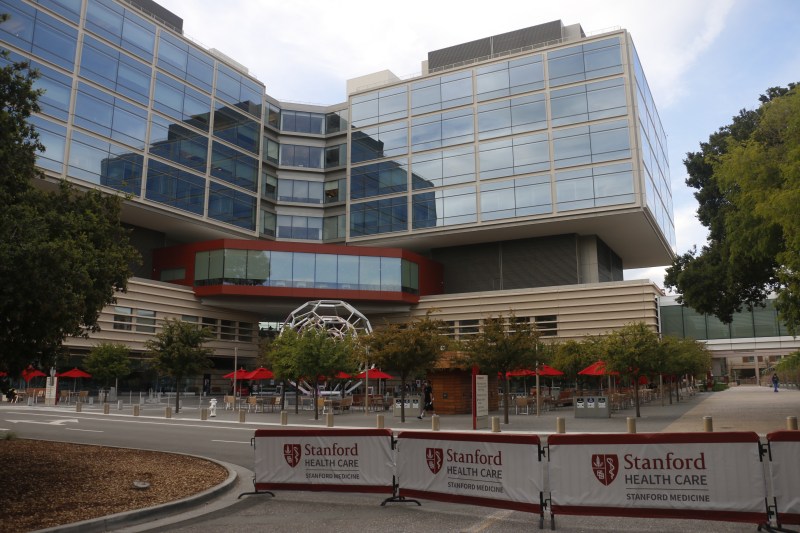Stanford has introduced a new Health Check website tool to help track COVID-19 symptoms, test results and exposure among employees returning to work on campus.
According to Stanford’s COVID-19 Health Alerts page, the tool, introduced on May 22, will support the “safe return of members of the Stanford community to our campuses.” It was developed to streamline the health status reporting process required for those working at a Stanford location.
Those using Health Check complete a questionnaire about their health one to two hours prior to arriving on a Stanford campus. Through a combination of algorithms developed by Stanford medical professionals, as well as comparisons between current and recorded prior health symptoms, the tool determines whether or not an employee is approved to attend work on-site. The Daily has reached out to the University to request clarification about how decisions are made.
According to the Health Check website, the data will be used to “understand the overall health of our Stanford community and allow Stanford to take a more proactive approach to managing this pandemic. It will also be used to make decisions about who can come back onsite and when they can return.”
Personal information will remain confidential.
“Health Check is part of Stanford’s overall strategy for a gradual, phased restart of campus operations, and ensures compliance with a new county order requiring COVID-19 symptom screening for those working on campus,” wrote Russell Furr, associate vice provost for Environmental Health and Safety, and Raj Puri, from the Stanford University Occupational Health Center, in a joint statement to The Daily.
As of May 22, “all faculty, staff, postdocs, and students working on-site at a Stanford location have been required to use Health Check to self-report their health status before arriving on-site each workday — even if they do not have symptoms of COVID-19,” Furr and Puri wrote.
Students who do not work in campus facilities but live in campus residences are not required to use Health Check: “These students should still report COVID-19 symptoms to the Dean of Students,” Furr and Puri wrote.
Prior to the release of Health Check, faculty and staff working on campus were required to alert their local human resources representative if they experienced a combination of a 100-degree fever and another symptom, including shortness of breath, worsening cough, severe fatigue and muscle aches. They were also required to alert human resources if they were awaiting results of a COVID-19 test, or had tested positive.
Health Check was created by Puri along with help from Stanford University IT.
Employees at the SLAC National Accelerator Laboratory have piloted Health Check since May 4, and the University released the tool to all on-site employees at Stanford on May 22.
During the pilot period, SLAC employees completed the questionnaire one to two hours before arriving at work.
“If cleared for onsite work, they come in as expected. If not cleared, they stay home and notify their supervisor,” wrote Carole Fried, Chief Safety Officer at SLAC, in a statement to The Daily.
Fried reported that the pilot was “very successful.” New improvements have been rolled out, including “the addition of new features, such as the Onsite Access Badge and increased dashboard functionality for the Medical Support Team that reviews submissions of those who are symptomatic,” according to Furr and Puri. The team has also published a Spanish-language version.
Furr and Puri wrote that there are no current plans to utilize the tool outside of Stanford, adding that “Stanford is focused on the health of our campus community during this pandemic and ensuring that the tool is functioning efficiently and effectively to combat the spread of COVID.”
June 1, 1:20 p.m. This article has been updated to replace Stanford Linear Accelerator Center (SLAC) with the name SLAC National Accelerator Laboratory.
This article has been corrected to reflect the correct spelling of Carole Fried’s name, as well as that her statement is hers alone, and not made jointly. The Daily regrets this error.
Contact Ashlee Kupor at akupor ‘at’ stanford.edu.
